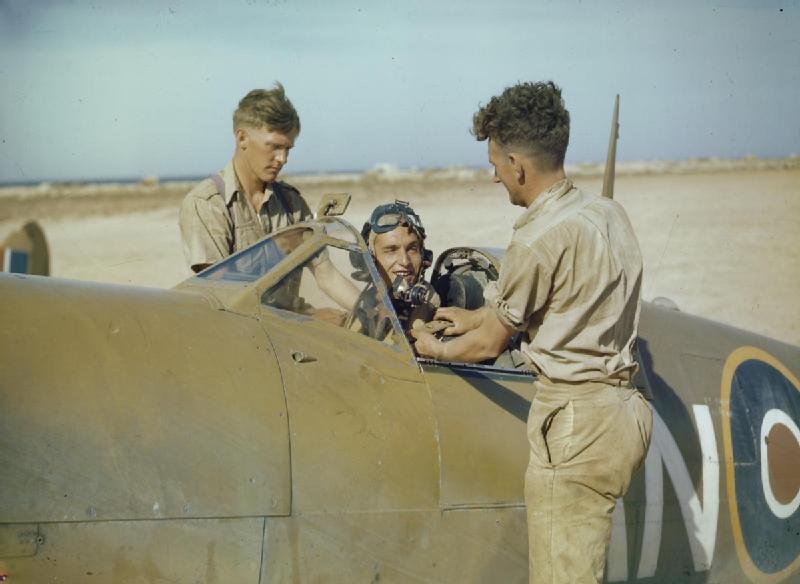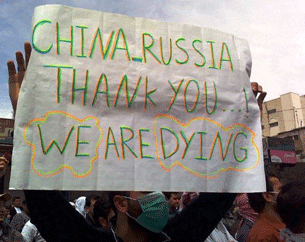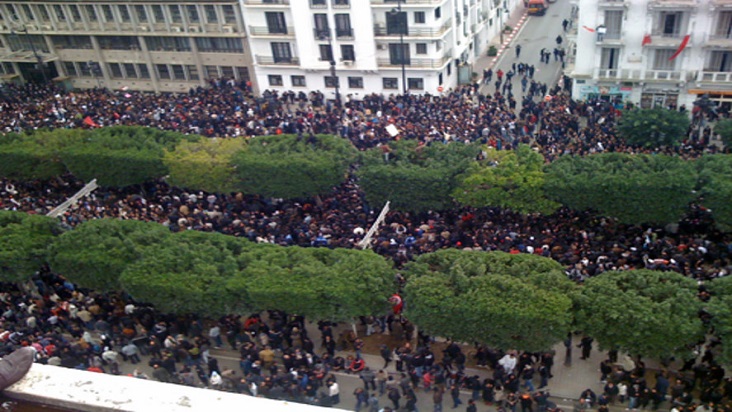Introduction
NATO and the African Union (AU) have had a cooperative relationship since 2005. The collaboration began with logistical and airlift support for the African Union Mission in Sudan and has since grown to include training assistance, structural assistance, and liaison and coordination activities in other African countries. However, the humanitarian consequences of such operations, as well as their long-term geopolitical implications and Canada’s historical role (independent of NATO) on the African continent, must be considered and weighed against the perceived benefits of Canada’s operational engagements.
Advantages
From a military standpoint, NATO (and Canada) could benefit from the training of African soldiers. There are two ways in which a pool of knowledgeable and culturally-sensitive personnel can support stability and security operations:
- Language proficiency: Many African soldiers are proficient in their native tongues, which is important for stability and security operations where good relations with the local populace are crucial. NATO can take advantage of African soldiers’ linguistic proficiency and capacity for productive interactions with the local populace by providing them with training.
- Cultural Awareness: African soldiers frequently have firsthand knowledge of the conditions, traditions, and social mores of their surroundings, which can help stabilize and secure operations. By training African soldiers, NATO members could collectively benefit from their cultural awareness, which might help advance successful and sensitive operations.
These two advantages could be especially helpful in Africa, “where foreign militaries operate in tandem with Canadian and/or NATO forces.”
Limitations
However, there are also potential issues and possible dangers related to Canada’s training of African soldiers, such as the transfer of sensitive knowledge and skills. The training initiatives conducted by Canada for Tanzanian, Malian, Ghanaian, and Zambian soldiers encompassed a range of skills and knowledge. Canadian forces have trained African soldiers in areas such as military doctrine, professional development, staff training, language proficiency, and operational capabilities. Although the training programs aim to enhance the capacity of foreign militaries to collaborate effectively with Canadian and/or NATO forces, it is essential to carefully consider the potential implications of sharing sensitive knowledge and skills. Caution must be exercised to ensure that the transfer of expertise does not compromise African security and stability or inadvertently fall into the wrong hands. These concerns arise from the long-term impact of Canadian military training on African security and stability. If the training inadvertently leads to the dissemination of sensitive information or skills to unauthorized actors or groups, it could potentially compromise regional security and serve to destabilize the region.
For instance, we see how Ghana’s army remained British-dominated after Ghana’s independence in 1957, with British generals and officers trained in Britain. However, in response to various incidents, Ghana released the British commanders in 1961, which resulted in Canada assuming the role of training Ghana’s military. Canadians organized and oversaw the Junior Staff Officer’s course, and Canadian personnel held key positions in the Ghanaian Ministry of Defence, imparting their perspectives and values. The Canadian training program influenced the outlook of Ghana’s military, making it Western-oriented and equipped with Western arms. Participants in the training program were involved in the coup that overthrew President Kwame Nkrumah in 1966. This historical example highlights the potential influence of Canadian military training on Ghana’s politics. Even during the Cold War, military cooperation was driven by foreign policy interests and supported by military assets, with the Department of External Affairs taking the lead. However, Canada’s military cooperation program experienced a decline in the 1970s due to concerns about interfering in the internal affairs of developing countries.
Therefore, to avoid similar situations down the line, Canada and NATO should emphasize capacity-building and local ownership. Instead of primarily deploying soldiers for training, Canada and NATO can prioritize assisting countries in developing their military training capabilities. This approach focuses on empowering local forces, enhancing their expertise, and promoting self-reliance.
ConclusionIn conclusion, the decision on whether or not to train African soldiers for NATO-led operations requires a careful consideration of different cultural and security factors. While there are undoubtedly substantial advantages to such training, it is essential to assess the risks and potential dangers involved. After weighing the potential risks and benefits outlined, it becomes evident that the outcome of this decision should lean towards providing training assistance to African soldiers for NATO-led operations. Canada can contribute to strengthening regional security while fostering international cooperation. However, it is crucial to maintain a cautious approach, drawing from the lessons learned from Canada’s past military training exercises in Ghana and its participation in US-led training exercises in Mali. This approach ensures that cultural and political boundaries are respected, and the training programs align with the specific needs and aspirations of the African nations involved. By striking a balance between risk and benefit, Canada can play a constructive role in enhancing global peace and security.
Photo: “The Royal Canadian Air Force in North Africa, May 1943” (1943), by Royal Air Force official photographer via Wikimedia Commons. Public Domain.
Disclaimer: Any views or opinions expressed in articles are solely those of the authors and do not necessarily represent the views of the NATO Association of Canada




